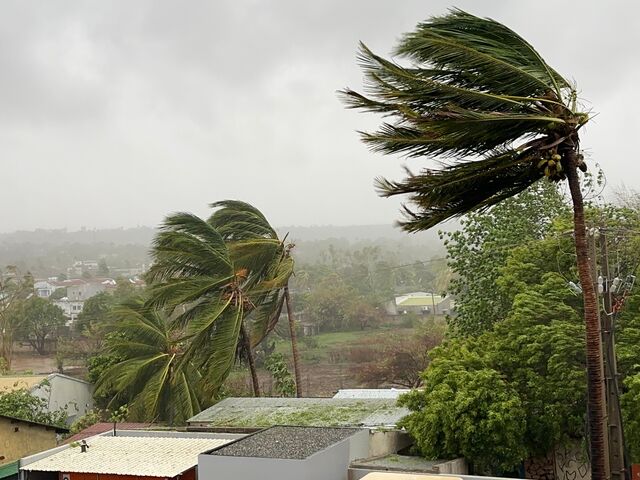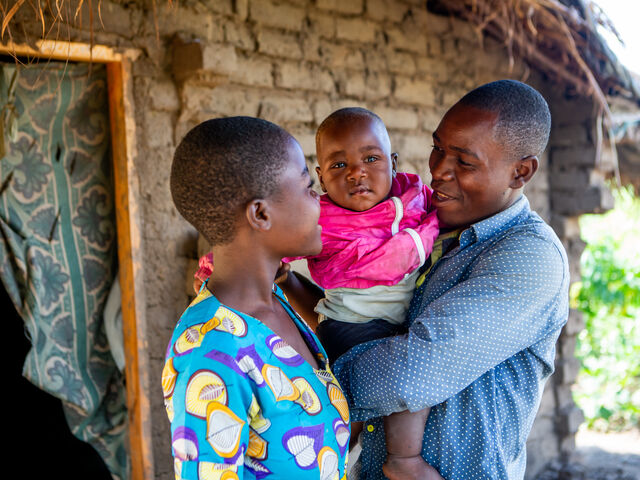From one mother to another: Supporting HIV positive teen mothers to deliver HIV free babies in Malawi
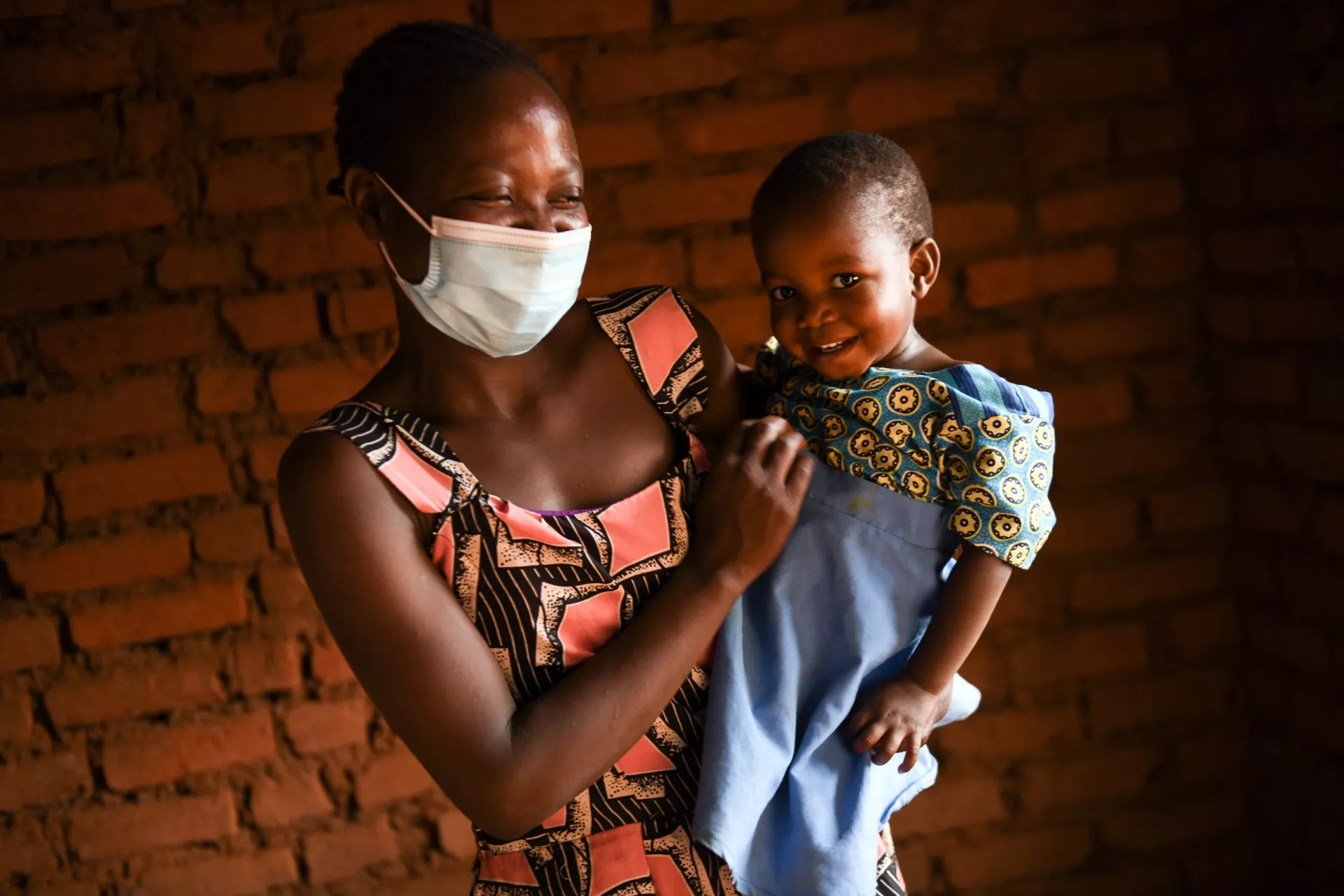
Awema Chimenya is a brave, resilient woman. She has been a mentor mother since 2019, helping other HIV-positive women deliver healthy HIV negative babies just like she did.
As a mentor mother, she links HIV-positive young mothers to nearby health centres for medical care, sexual reproductive health services and information and encourages reporting of gender-based violence in her community. She also provides psychological support and her main goal is to reduce mother to child transmission of HIV to zero.
“I want young HIV positive mothers to live full lives to raise healthy babies. When we first meet, most of them are hopeless and depressed which is why I offer them psychological support,” says Awema.
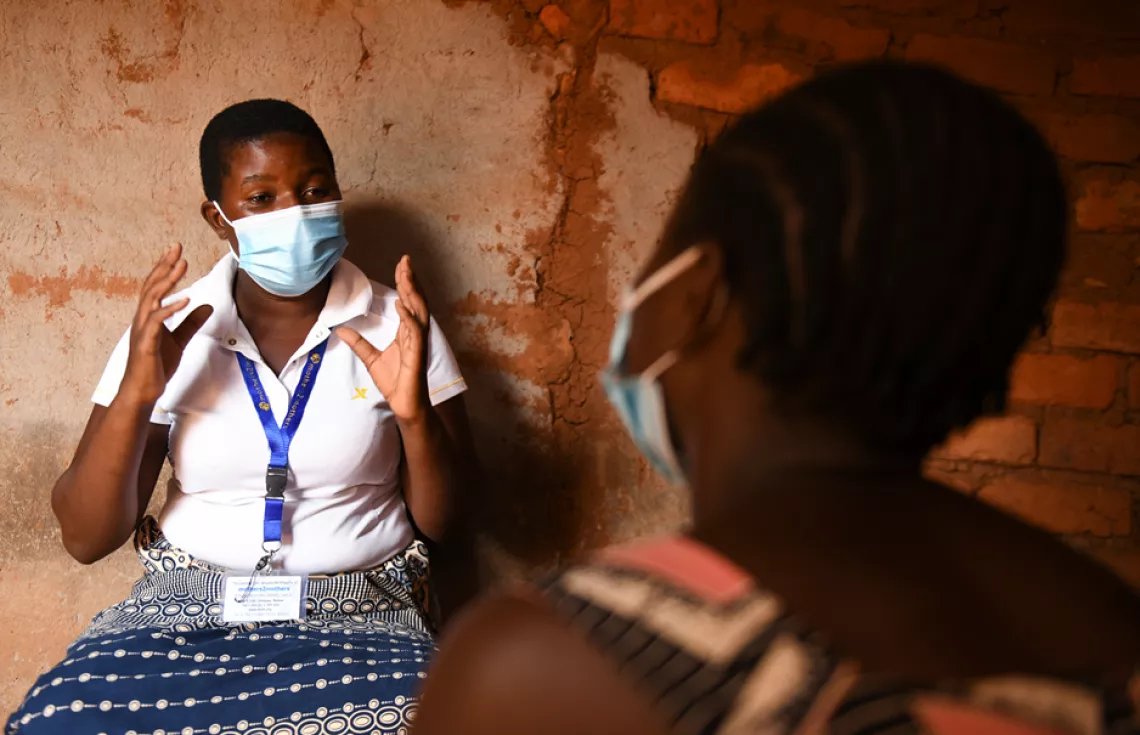
Although Awema works at Muloza Health Centre where she facilitates health education talks, her primary work is deep in the communities where she follows up on teen mothers and supports newly pregnant mothers who have so many questions. Because of COVID-19, Awema and her fellow mentor mothers don’t gather as often as they used to, they now visit each young mother or pregnant girl at home.
Empowering young people to make informed decisions
Pregnancy can be scary, particularly for young girls dealing with the added weight of an HIV diagnosis and limited access to sexual and reproductive health services. About half of all girls in Malawi are already married by the age of 18 while a third of those aged 15-19 have begun childbearing, accounting for a quarter of all pregnancies (Malawi Demographic Health Survey 2016). A third of all new HIV infections in 2020 were among young people aged 15-24.
With funding from the Swedish Government, UNICEF, WHO, UNAIDS and UNFPA are supporting the Government of Malawi to address the gaps in access to comprehensive sexuality education, bust myths and misconceptions associated with contraceptive use in a country where adolescent fertility is high. One of the interventions under this joint “2gether 4 SRHR programme” is empowering mentor mothers like Awema to guide young mothers as they seek the services they need to live healthy lives.
The 2gether 4 SRHR programme has also helped increase the number of children living with HIV that are retained on anti-retro viral therapy (ART) from 61 per cent in 2018 to 76 per cent in 2020 (2gether 4 SRHR programme data). Early HIV testing for babies under two months old has increased from 72 per cent in 2019 to 76 per cent in 2020
During her sessions with young mothers and pregnant girls Awema often gets questions like “Can I go back to school, If I go back to school will I live long enough to enjoy the fruits of my hard work?”
She says most HIV-positive young mothers think going back to finish their education is a waste of time because they might die of HIV anyway.
“I tell them my story and they get inspired to have hope for the future,” says Awema
Hope for Florence
Florence is one of Awema’s clients. The 18-year-old was five months pregnant when she joined Muloza mentor-mothers club. At that time, she did not know what the future held for her and her unborn child. Florence was so anxious that she did not sleep at night but after interacting with her mentor- a mother who was once in her shoes, she found hope.
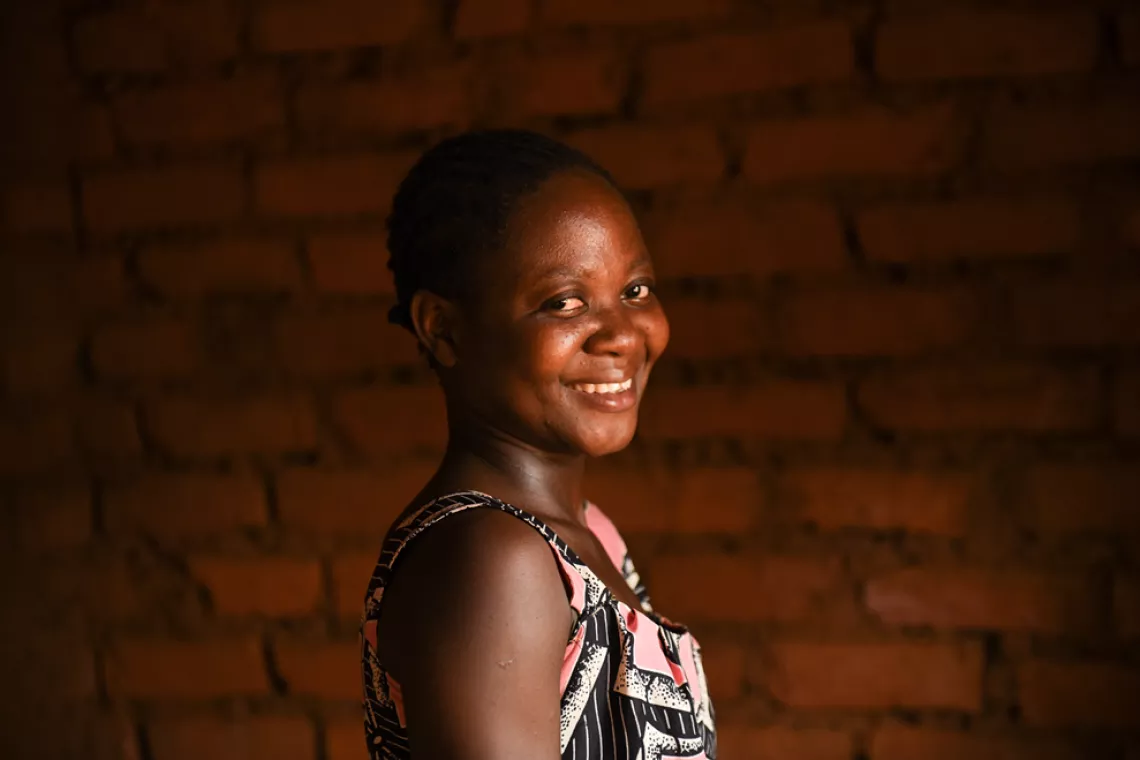
“I have lived with HIV all my life; I have accepted that but being pregnant while HIV-positive was a first. I didn’t know what to do with myself and what the future held for me and my baby. I thought my health would deteriorate after giving birth and that my child would be born with HIV.” explains Florence.
For eight years, Florence has been on ARVs which she takes everyday but there was a time when she thought she was well enough to stop taking them in the mistaken belief that she is cured or she does not need them anymore. This changed a few weeks after interacting with the mentor mothers who encouraged her to faithfully take her medication to reduce the risk of transmitting HIV to her baby.
“Before this pregnancy, I did not take my ARVs faithfully but after talking to the mentor mothers and seeing many other HIV-positive, teen pregnant girls in my community, things changed, and I take my medication every day. Now my daughter is still HIV negative two years later. I believe the information I got from the mentor mothers saved my life and my baby’s” says Florence.
The teen mother who is in form two at Muloza Community Day Secondary School recalls how the mentor mothers helped her access Sexual Reproductive Health Services including messages of abstinence and use of condoms and contraceptives. Florence believes this information will help her continue with her education and fulfil her dream of becoming a secondary school teacher. She hopes her two-year-old daughter grows up to become a responsible person in her community.
